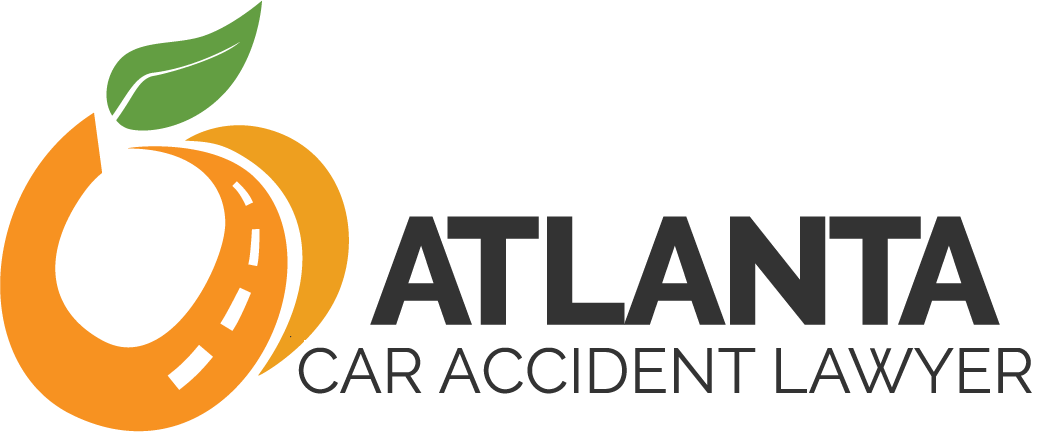Any form of paralysis is frightening, traumatic and painful. It also comes with unanswered questions. Is the paralysis permanent? Who is legally liable, and how can I collect payment? You don’t have to face these uncertainties alone.
Let us connect you with a leading paralysis attorney for free. Our lawyers offer a free consultation to get you answers and help you understand whether you have a valid claim. Call us at (404) 341-6555 or fill out the form to the right to get your free consultation today.
How is paralysis different than other types of accident injuries?
Injuries like broken bones can derail your life, but they are often temporary. Paralysis leaves you in a whirl of uncertainty, unable to take care of your basic needs, go back to work, or participate in ordinary activities. Your doctors may not be able to tell you whether your paralysis will be permanent or only temporary. This adds emotional stress for both you and your family.
Paralysis is also different than other injuries because it greatly interferes with everyday life and may require treatment for a very long time—sometimes for the rest of your life. Depending on the extent of your paralysis, you may need therapies; may be more susceptible to infections and hospitalizations; may require ongoing help with bathing, dressing and other daily activities; or may need assistance breathing. Paralysis is one of the most devastating and expensive injuries a person can suffer.
What are the most common types of paralysis injuries?
Paralysis occurs when you lose muscle function in a part of your body. It can be temporary or permanent, and partial or total. If you have partial paralysis, you will still have some muscle function in the parts of your body that are affected. Total paralysis means that you do not have any control over your muscles in the paralyzed areas.
Paralysis is often classified based on the areas of the body that are affected.
- Monoplegia means paralysis affecting only one arm or leg
- Hemiplegia affects an arm and a leg on the same side of your body
- Paraplegia is paralysis in both legs
- Quadriplegia, also called tetraplegia, is paralysis affecting both arms and both legs.
Paralysis has many causes, including strokes and diseases like multiple sclerosis and Lou Gehrig’s Disease. It can also be caused by accidents, including automobile accidents and slip and fall accidents. The two most common accident-related causes of paralysis are:
- Spinal cord injuries. The location of an injury along your spinal cord will determine how widespread the paralysis is. Injuries occurring closer to the brain are the most severe and can leave you unable to move arms and legs or breathe on your own. Injuries farther down the spinal column are more likely to result in paraplegia.
- Traumatic brain injuries. A severe blow to the head can cause permanent physical damage to the brain. When the damaged part of the brain affects muscle function, paralysis can result.
Who is “at fault” when an accident causes paralysis?
Many paralysis injuries result from car accidents. In these cases, the party who is “at fault” must pay for all the resulting injuries, and this makes determining fault an important part of any paralysis injury claim. The driver who is at fault is the one who was careless, or “negligent” in disobeying traffic laws, driving too aggressively, texting while driving, or otherwise not using safe driving practices. A negligent driver may not have meant to hurt you, but in the eyes of the law they are liable and their insurance company must pay for your damages.
How much money will I receive in a paralysis accident claim?
You are entitled to a full financial recovery for your loss. The amount you will receive will depend on the extent of your paralysis and whether it is expected to be temporary or permanent. Most paralysis victims are eligible for these types of costs and damages:
- Past and future medical bills, including hospitalization and tests
- Rehabilitation such as physical and occupational therapy
- Assistive equipment such as wheelchairs and braces
- Counseling to cope with the psychological effects of paralysis
- Lost wages, if your injury caused you to miss time from work
Many people who have been left paralyzed after an accident recover large sums of money over and above these basic costs. This money might be paid for physical pain and suffering, a long-term disability, or your spouse’s loss of your help and companionship. The money you receive cannot bring back your old life, but it can ensure that you get good care, can pay your bills, and have the best possible chance at as full a recovery as possible.
I already have an offer from the insurance company. How will a lawyer help me?
We believe it is a mistake to take an offer from an insurance company without talking to a lawyer first. There are a couple of reasons for this. First, we know that insurance companies are profit-making businesses, and they will try to settle claims for the smallest amount of money possible. We see many people who jumped at the first insurance company offer. Now they want to make another claim because their injuries are going to cost far, far more than that insurance company check. Sadly, when they took the check, these people signed away their rights to future recovery.
The other reason to talk to an Atlanta car accident law firm is that a lawyer can ease your mind and help you get a larger financial recovery. A lawyer will take over the claim and refer you to doctors who understand your injuries and can give you an accurate diagnosis. With a good diagnosis, it’s possible to estimate just what your care and treatment will cost over your entire lifetime. A lawyer can also pursue recovery for pain and suffering, loss of consortium and other injuries. Armed with facts and evidence, a good lawyer will take care of negotiating with the insurance company, presenting a strong case that typically will get you much more money than you could have gotten on your own.
Talk to an Atlanta Paralysis Accident Lawyer for Free
Our lawyers have devoted their careers to helping victims of paralysis and other serious injuries. We understand your financial stress, so we won’t ever charge you a fee unless we win money for you. We’ll give you a FREE consultation, with no obligation. We’ll talk about your claim and help you decide on the next steps. Call us at (404) 341-6555 or fill out the form to the right to get your free consultation today.





